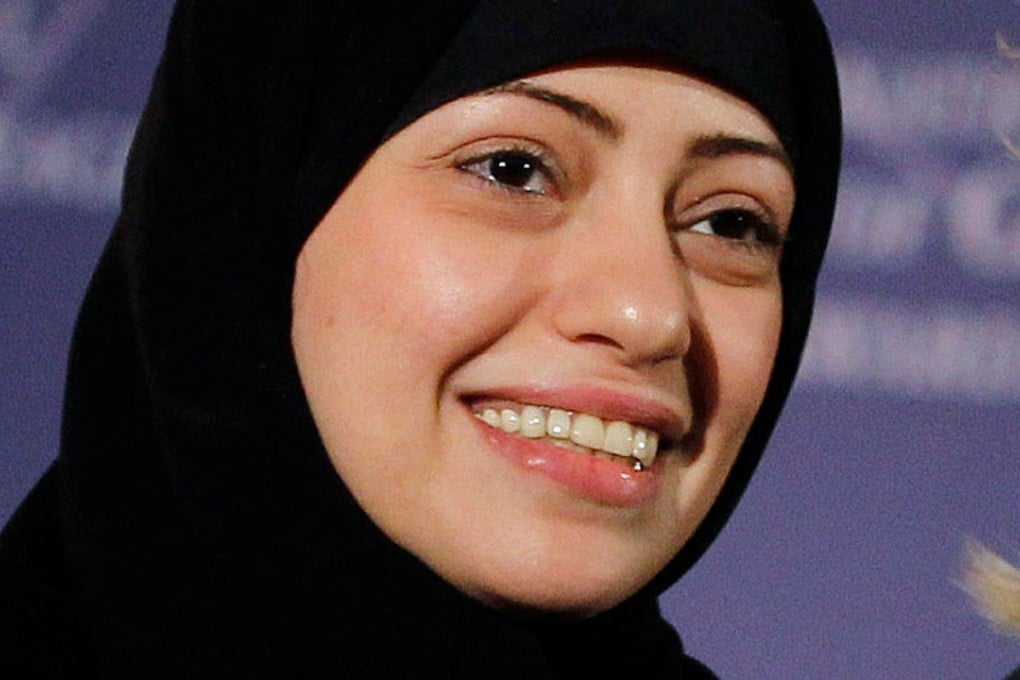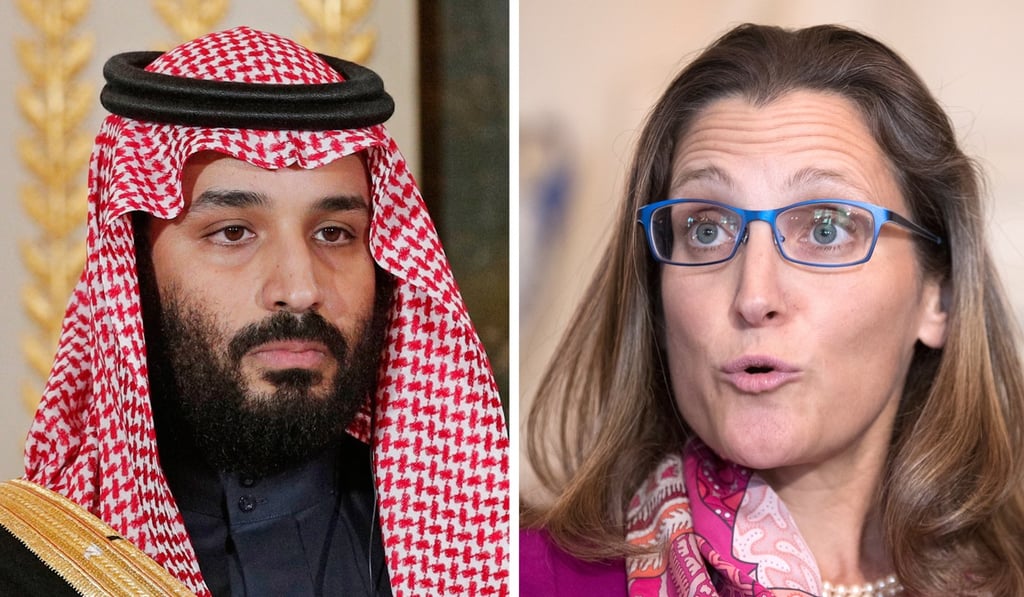Asian Angle | Saudi Arabia brings gun to knife fight with Canada over Samar Badawi. Déjà vu, China?
Riyadh’s over-the-top reaction to Ottawa’s request that it free a women’s rights activist is a familiar one to countries that have challenged Beijing’s human rights record

There is the oft-remarked Chinese model of economic development. What is less mentioned may be China’s so-called model of diplomacy. A major aspect of this is to bring a high-calibre gun to a knife fight, that is: to overact to criticism, especially when it comes to allegations of human rights violations.

That’s an overreaction if ever there was one. Ottawa, after all, is not doing just another one of those “holier-than-thou” Western critiques of authoritarian governments. Badawi has family members in Canada, who have been appealing to Ottawa to act.
In a widely circulated tweet, Iyad Madani, a former Saudi information minister, wrote that Canada was interfering in his country’s domestic affairs: “Canada blundered because it seems to have ignored and forgotten that civil society and political social development are best left to the dynamics of each society.”
Sound familiar, doesn’t it?
